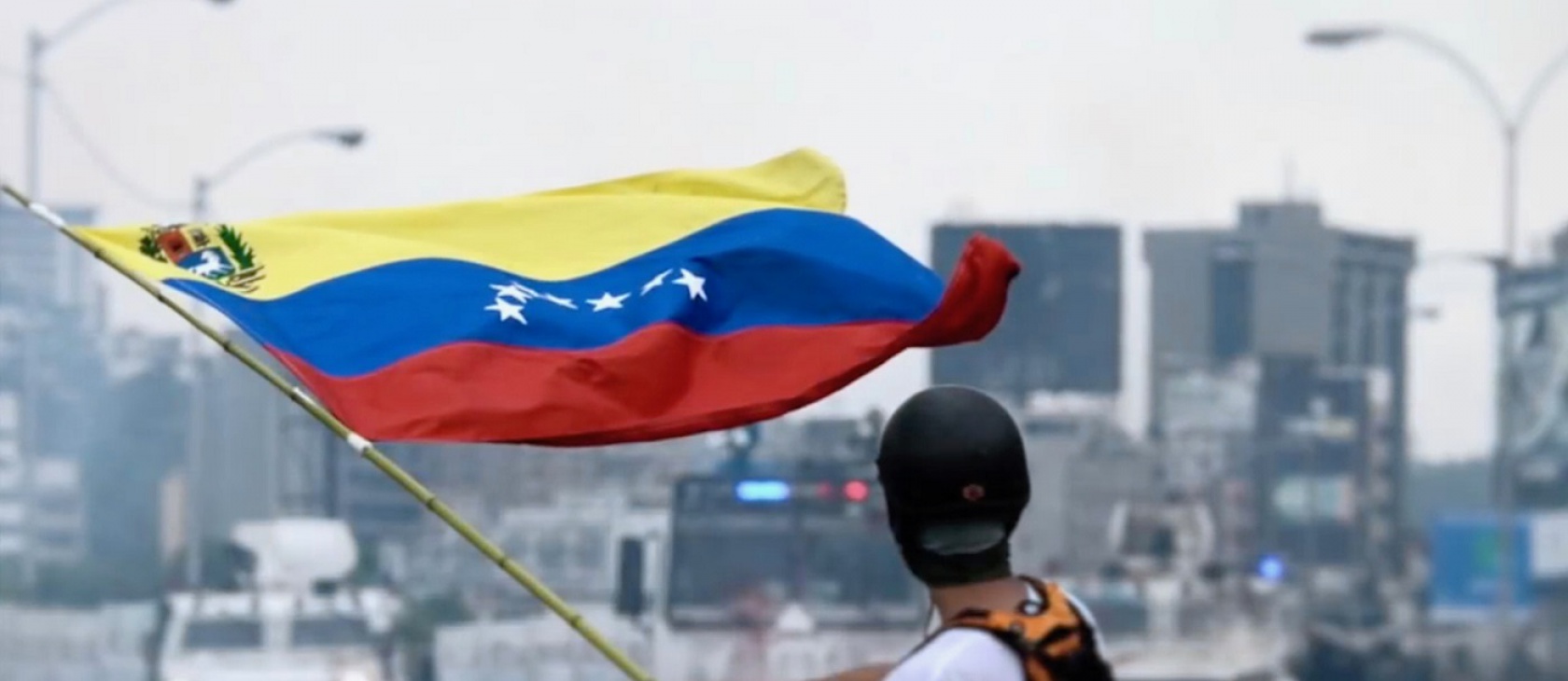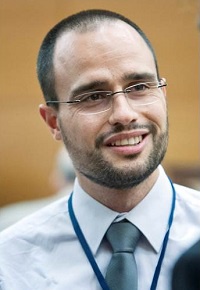Socialism has turned oppressive in Venezuela, with the arrest of opposition leaders, election fraud, and human rights abuses. The United Nations has already condemned President Nicolas Maduro’s government for human rights violations. According to the UN, between April 1 and July 31 a total of 73 people had been killed by the security forces, another 27 by pro-government armed groups known as "colectivos." More than 5,051 people have been arbitrarily detained, and more than 1,000 reportedly remain in detention. Ramon Muchacho, the mayor of Chacao and friend of the opposition, complained that the government is cracking down on them "for doing our job, for guaranteeing the legitimate right to peaceful protest and the right of all Venezuelans to exercise their civil and political rights."
As an ideology, socialism necessarily denies its subjects’ inherent human dignity.
Maduro’s socialist government in Venezuela failed, as socialism inevitably does. But in its early days, Hugo Chavez won the support of many Western politicians and intellectuals. In June 2015, British Labour Party leader Jeremy Corbyn said: “When we celebrate - and it is a cause for celebration - the achievements of Venezuela, in jobs, in housing, in health, in education, but above all its role in the whole world as a completely different place, then we do that because we recognize what they have achieved.” In 2009, Noam Chomsky said, “What's so exciting about at last visiting Venezuela is that I can see how a better world is being created.” Chomsky now denies having praised Venezuelan socialism, while Corbyn remains silent about its oppressive unraveling.
That these public figures would want to deny their previous support for the regime is understandable. But it is time for public intellectuals to understand not only that socialism inevitably fails, but why. The reason is simple: As an ideology, socialism necessarily denies its subjects’ inherent human dignity.
Man cannot live according to the designs of socialism, because it violates human nature itself. According to the Western view, all human beings are created by God and share in the “imago Dei.” Thus, mankind has a dignity that all public authorities must respect and preserve.
Socialism is a kind of monism. We understand monism – taken from the Greek term μόνος, meaning “one” – as a philosophical ideology that attributes oneness or singleness to a concept. Socialism teaches that there is only one attribute to human existence. Socialist ideology sees man only as an economic creature. But mankind cannot be understood only in terms of economic activity. It’s much more than that. We make a grave mistake if we think that material production can fully explain human cognition or conscience. Our conscience is not influenced merely by an economic, cultural, or ethnic point of view.
As we have witnessed too vividly and too frequently, killing the human body becomes inevitable.
Here, we can identify the error of Karl Marx: He eliminated every spiritual element of mankind. Only with metaphysics can we know and understand the human essence. When metaphysics is eliminated – when the soul and nature of humanity is eliminated from the analysis – anthropology and ethics will also be incorrect, because all are inextricably connected. Human beings have an unrepeatable and unique soul, given by God. If we consider human beings as material beings with no inherent worth, they will lose any rights that would slow down the “evolution” to socialism.
According to the West, human essence is composed of a physical body and a soul. We don’t act merely by instinct, as irrational animals do. When I talk about intellectual soul, which distinguishes man from the irrational animals, I refer to reason and will. These two faculties, which may be termed non-organic, allow persons to know the truth and choose the good, respectively. Liberty follows from this anthropology. Here, we don’t understand liberty, as the possibility of doing absolutely anything that I wish. Instead, as Lord Acton said (and Viktor Frankl repeated), liberty is the capacity to dedicate myself to following the absolute, infinite, and transcendent good in every situation.
Being so dedicated, I can order my life and my future in whatever way suits my vocation: as an architect, engineer, lawyer, or football player. I may do so within the context of a family, a school, or at the office; as a priest, consecrated religious, or spouse, etc. The path we blaze into the future is different for each of us.
In order to dedicate ourselves to following this path, as well as to preserve our own dignity, human beings have the right to own private property. By enjoying the fruits of our labor, we nourish ourselves while ordering our futures both to our own good and also to the common good. The free market best embodies this orientation of service and self-realization.
The West simultaneously promotes human rights, because it respects intellectual integrity, upholds freedom of speech, and believes that the will of the people should in some way influence public institutions, for instance, as in a democratic republic. As we can observe, these things are non-existent in a socialist system, not merely because of poor economic thinking, but because it fundamentally misunderstands human nature.
By seeing every human being as a soulless captive to impersonal economic forces, socialism kills human dignity. After that, as we have witnessed too vividly and too frequently, killing the human body becomes inevitable.
(Photo credit: Efecto Eco. This photo has been cropped. CC BY 3.0.)




